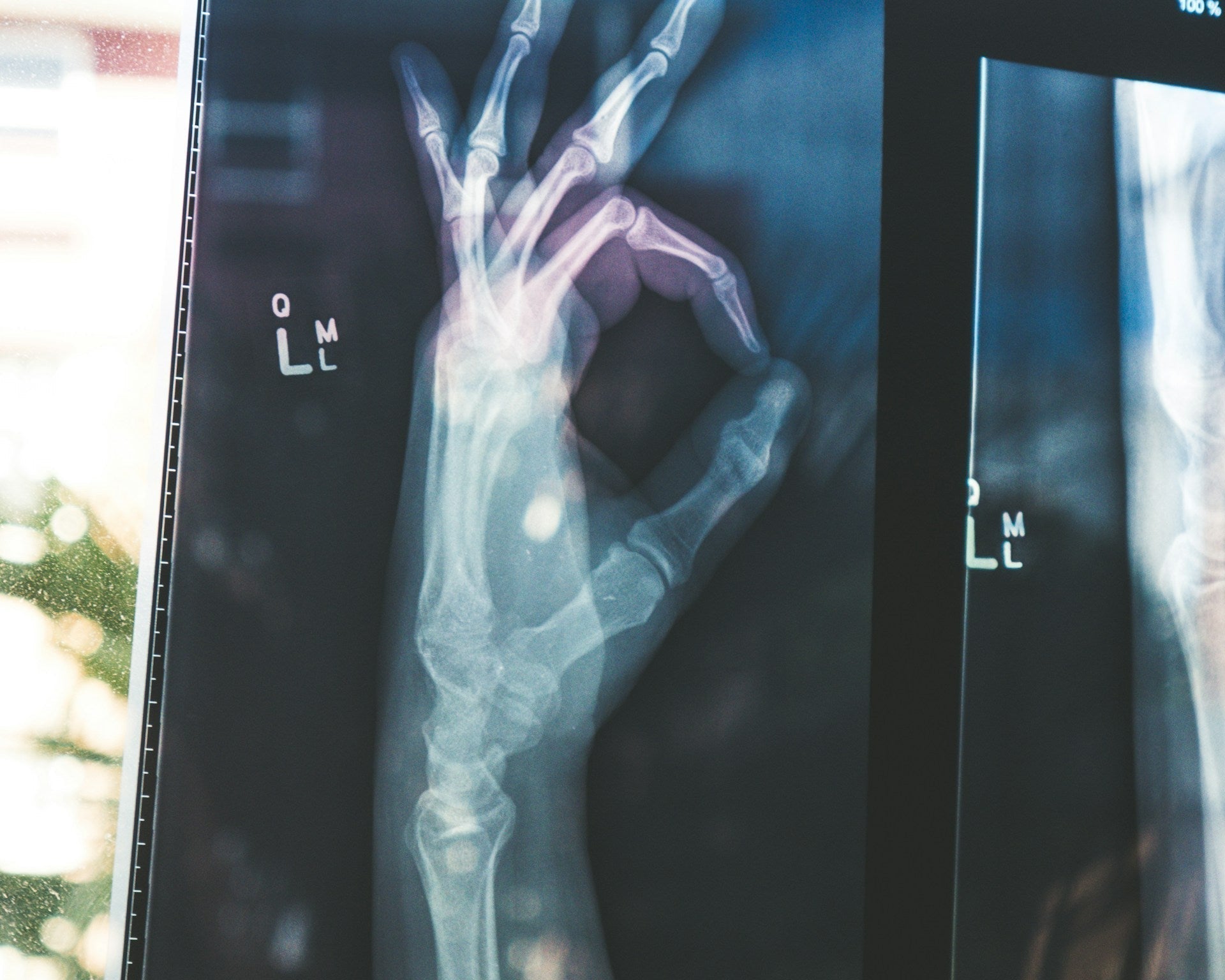
As we reach midlife, maintaining bone density becomes increasingly important to prevent conditions like osteoporosis and reduce the risk of fractures. Recent research underscores the vital role of both nutrition and exercise in supporting bone health during this stage of life.
The Importance of Bone Health in Midlife
Bone mass typically peaks in our early twenties and gradually declines thereafter. For women, this decline accelerates during and after menopause due to hormonal changes. Men also experience a gradual loss of bone density with age. Addressing bone health proactively during midlife can mitigate the risk of osteoporosis and related complications in later years.
Nutritional Strategies for Bone Health
A balanced diet rich in specific nutrients is crucial for maintaining bone density:
- Calcium: Essential for bone strength. Dairy products like milk, yogurt, and cheese are excellent sources. Non-dairy options include leafy greens, almonds, tofu, and fortified plant-based milks.
- Vitamin D: Facilitates calcium absorption. Sources include sunlight exposure, fatty fish, fortified foods, and supplements if necessary.
- Protein: Supports bone structure and repair. Incorporate lean meats, dairy, legumes, and nuts into your diet.
- Vitamin K: Found in leafy greens, it plays a role in bone metabolism.
- Magnesium and Potassium: Present in fruits, vegetables, nuts, and whole grains, these minerals contribute to bone health.
Adopting a Mediterranean-style diet, which emphasises fruits, vegetables, whole grains, lean proteins, and healthy fats, has been associated with better bone density outcomes.
Exercise Recommendations for Bone Strength
Engaging in regular physical activity stimulates bone formation and slows bone loss. Effective exercises include:
- Weight-Bearing Aerobic Activities: Such as brisk walking, jogging, dancing, and stair climbing.
- Resistance Training: Involving weights or resistance bands to strengthen muscles and bones.
- High-Impact Exercises: Like jumping or plyometrics, which can be particularly beneficial if appropriate for your fitness level.
- Balance and Flexibility Exercises: Including yoga and tai chi, to reduce fall risk.
- A routine combining these exercise types, performed most days of the week, is recommended for optimal bone health.
Final Thoughts
Midlife presents a critical window to invest in bone health through targeted nutrition and consistent exercise. By adopting these strategies, you can enhance bone density, reduce the risk of fractures, and promote overall well-being as you age.
Photo by Owen Beard on Unsplash

Comments (0)
Back to News